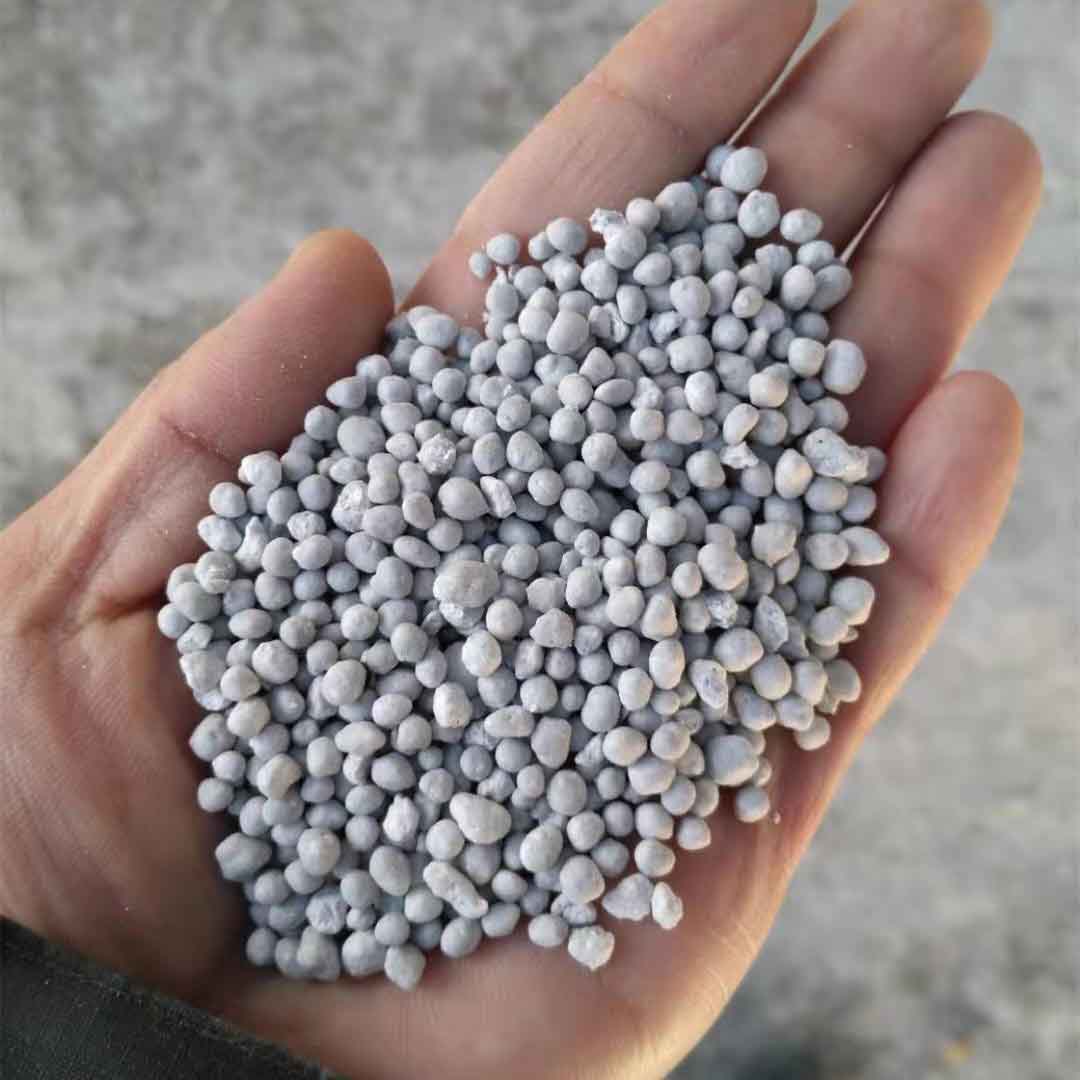
Sep . 29, 2024 05:00 Back to list
Ammonium Sulfate Fertilizer Suppliers and Market Trends Analysis
The Ammonium Sulfate Fertilizer Market Key Suppliers and Trends
The ammonium sulfate fertilizer market plays a crucial role in modern agriculture, providing an essential source of nitrogen and sulfur for crops. As the population continues to grow and agricultural demands increase, the importance of efficient and effective fertilizers has never been more evident. This article explores the dynamics of the ammonium sulfate fertilizer market, focusing on key suppliers and emerging trends that shape this industry.
Ammonium sulfate [(NH₄)₂SO₄] is an inorganic salt that is widely used as a fertilizer, owing to its high nitrogen content (approximately 21% by weight) and its ability to improve soil quality. This compound is especially beneficial for alkaline soils, as it helps to lower the pH and increase nutrient availability. Additionally, sulfur, an essential macronutrient for plant growth, is increasingly recognized for its role in enhancing crop yield and quality.
The ammonium sulfate fertilizer market is characterized by a diverse range of suppliers, from large multinational corporations to smaller regional players. Major suppliers include companies such as Nutrien Ltd., Yara International, and The Mosaic Company. These industry giants have established themselves through extensive distribution networks and a commitment to research and development. They focus on product innovation and sustainability practices, ensuring that their fertilizers meet the growing demands of environmentally conscious consumers.
In recent years, the market has witnessed a shift toward more sustainable farming practices. Farmers are increasingly seeking fertilizers that not only enhance crop yield but also align with sustainable agricultural practices. This trend has led to a growing interest in organic and biodegradable fertilizers. Although ammonium sulfate is considered a conventional fertilizer, suppliers are now formulating products that incorporate organic materials, thereby appealing to a broader market segment.
ammonium sulfate fertilizer market suppliers

Geopolitical factors and the global supply chain have also influenced the ammonium sulfate fertilizer market. The availability of raw materials, transportation costs, and trade agreements can significantly impact pricing and supply. For instance, disruptions in the supply chain due to international conflicts or natural disasters can result in temporary shortages. Additionally, fluctuating prices of sulfur and ammonia, the primary raw materials for ammonium sulfate production, have a direct impact on production costs and ultimately pricing for consumers.
The growing agricultural sector in developing countries, particularly in Asia and Africa, is predicted to drive demand for ammonium sulfate fertilizers. As farmers in these regions strive to increase crop yields and improve food security, they are more likely to adopt chemical fertilizers. Furthermore, urbanization and changing dietary patterns are increasing the demand for fruits, vegetables, and protein-rich crops, compelling farmers to optimize their fertilization strategies.
Another significant trend in the ammonium sulfate market is the rise of precision agriculture. Technological advancements such as soil sensors, aerial imagery, and data analytics are enabling farmers to apply fertilizers more efficiently. This not only maximizes crop yield but also minimizes environmental impact. Suppliers are beginning to integrate these technologies into their offerings, providing customers with customized solutions tailored to their specific agricultural practices.
In conclusion, the ammonium sulfate fertilizer market is poised for significant growth, driven by increasing agricultural demands, advancements in farming technology, and a shift towards sustainable practices. Key suppliers remain pivotal in this sector, as they navigate the complexities of supply chains and respond to the evolving needs of farmers. As the industry continues to evolve, it is essential for suppliers to innovate and adapt, ensuring that their products not only support agricultural productivity but also contribute to environmental sustainability.
-
Premium 10 10 10 Fertilizer Organic for Balanced Plant Growth
NewsJul.29,2025
-
Premium 10 10 10 Fertilizer Organic for Balanced Plant Growth
NewsJul.29,2025
-
50 Pound Bags of 13-13-13 Fertilizer for All Plants – Bulk & Organic Options
NewsJul.28,2025
-
High-Efficiency 15-30-15 Granular Fertilizer for Healthy Crops
NewsJul.28,2025
-
15-30-15 Granular Fertilizer for Optimal Crop & Lawn Growth
NewsJul.27,2025
-
Premium 10 10 10 Water Soluble Fertilizer for Fast Plant Growth
NewsJul.26,2025
